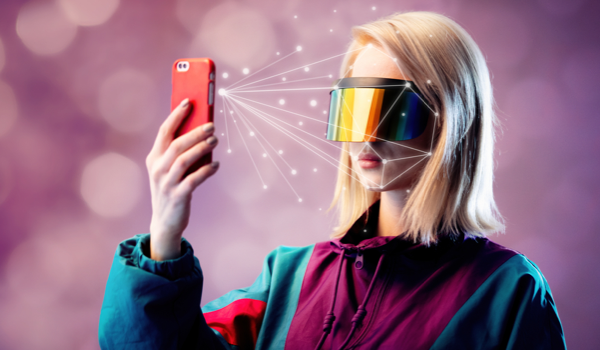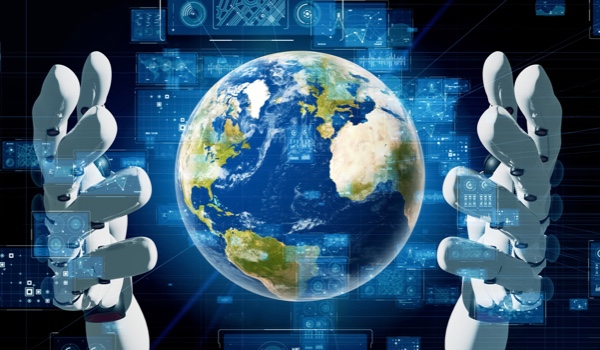


LONDON - One might not know it, judging by all the doom and gloom in the press, but there are still parts of the world where technology is regarded as a force for good – even for salvation. A recent survey shows that over 80 percent of young Africans are optimistic about what technology will do for the continent. But elsewhere, people increasingly feel as though they are locked in a titanic struggle against technologies that threaten to take their jobs, steal their data, destroy the very idea of childhood, and disrupt democracy. Technology often seems like something that is done to us by distant and unaccountable forces, rather than something that we control. It doesn’t help that, for all of the extraordinary hype about artificial intelligence (AI), much of the investment in this domain has focused on military applications and manipulative ways to target propaganda and advertisements. No wonder people feel vulnerable and anxious.
Fortunately, there are still ways for us to develop a better relationship with the extraordinary technologies that are coming online and to the market. One alternative strategy is to develop collective intelligence (CI), which, rather than seeking ways to replace people with AI, focuses on combining the best of humans with the best of machines. This approach is becoming increasingly influential in business, science, and government, partly because it works, but also because it embodies the democratic, humanistic values that many of us hold dear.
Anyone who has ever used Wikipedia will already have a sense of what CI entails. Since the 1990s, millions of people have collaborated online to make reliably accurate knowledge about the world accessible to everyone. In some respects, the wiki model isn’t new. In the nineteenth century, the Oxford English Dictionary recruited tens of thousands of volunteers to map the shifting meanings of English words, using methods similar to those used by Wikipe
The content herein is subject to copyright by Project Syndicate. All rights reserved. The content of the services is owned or licensed to The Yuan. The copying or storing of any content for anything other than personal use is expressly prohibited without prior written permission from The Yuan, or the copyright holder identified in the copyright notice contained in the content. Continue with Linkedin
Continue with Linkedin
 Continue with Google
Continue with Google











 2903 views
2903 views






